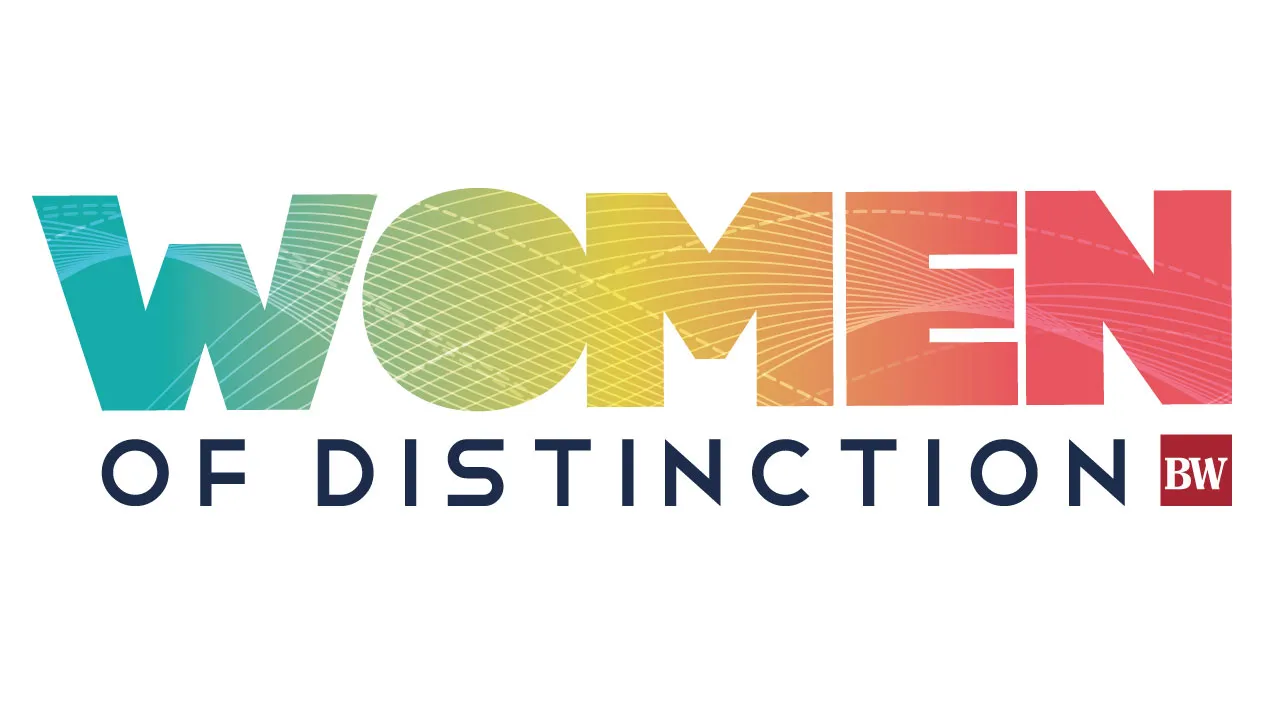What’s ‘conscious business’ concept about?
A new business concept is spreading around the world. You might know it under the labels “conscious,” “mission-driven,” “values-based,” “socially conscious,” or “benefit corporation.”
But it’s really not that new. In some ways, it’s a return to the days when businesses were an integral part of the community — not just treating them as consumers from whom money is to be extracted.
Milton Friedman captured our current philosophy of business pretty well back in 1970:
“There is one and only one social responsibility of business — to use its resources and engage in activities designed…
THIS ARTICLE IS FOR SUBSCRIBERS ONLY
Continue reading for less than $3 per week!
Get a month of award-winning local business news, trends and insights
Access award-winning content today!

